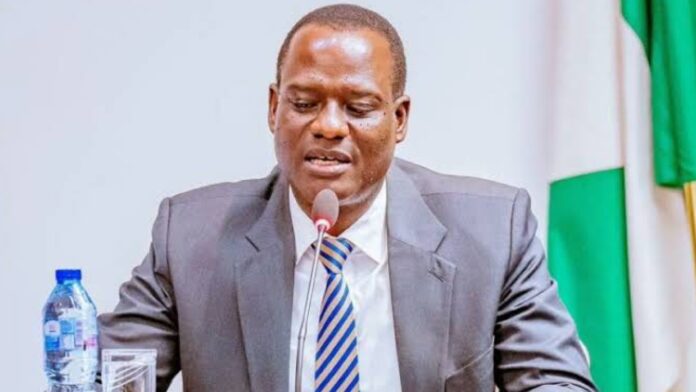Taiwo Oyedele, the chairman of the Presidential Fiscal Policy and Tax Reforms Committee, said decentralisation of Value Added Tax (VAT) collection will lead to over 50 per cent revenue loss for all states of the federation.
According to BusinessDay, Oyedele said this in his response to the Revenue Mobilisation Allocation and Fiscal Commission’s (RMAFC) concerns regarding the VAT revenue-sharing formula outlined in the tax reform bills currently before the National Assembly.
In a detailed statement on Wednesday, Oyedele emphasised the necessity of the reforms to ensure Nigeria’s inclusive growth and addressed specific issues raised by the RMAFC.
He called for constructive engagement to resolve disputes surrounding VAT administration, particularly the ongoing legal battle between Rivers and Lagos states and the federal government over the control of VAT.
Oyedele highlighted that VAT, introduced in 1993 to replace sales tax administered by states, is collected centrally for efficiency but remains fundamentally a state tax.
“Moving away from the central collection of VAT will not only lead to significant revenue loss of over 50% for all the states, they will also face challenges in collecting VAT as evident from the old sales tax regime administered by states and the consumption tax being collected currently by some states,” the tax chairman said.
Currently, 85% of VAT revenue is allocated to states, with the federal government retaining 15%, despite generating a significant portion through import VAT and collections in the Federal Capital Territory (FCT), Oyedele noted.
VAT is not explicitly mentioned in the 1999 Constitution, making it a residual matter under states’ purview. This has led to disputes over its administration and revenue-sharing formula.
Oyedele also clarified that VAT revenue is held in a special pool account separate from other federation revenues and distributed without the involvement of the RMAFC, similar to stamp duties, which are allocated based on 100% derivation to states.
He noted that the tax reform bills aim to resolve longs



